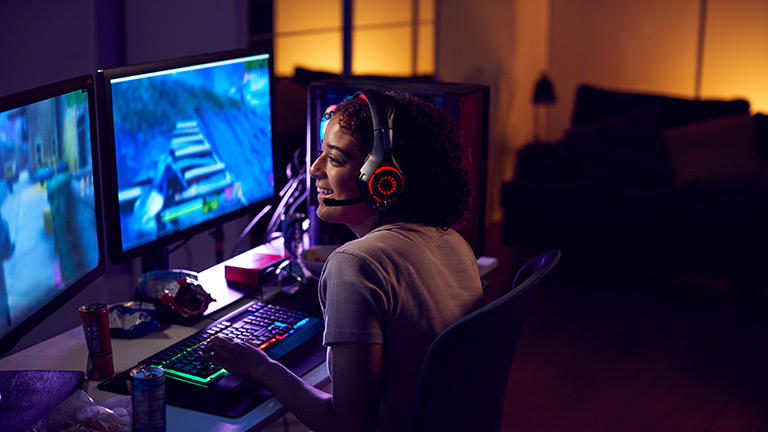Many gamers enjoy playing computer games without realizing the effort and expertise that goes into creating them. Developing a computer game requires not only imagination and creativity but also a deep understanding of computer programming and various programming languages. To give you an idea of what computer game programming entails, here is a list of the different aspects involved in the process.
The person responsible for overseeing the application of physics in a computer game is known as a game physics programmer. They are tasked with ensuring that the game operates in a manner that both looks and feels authentic. While a computer game may not always accurately depict the real-world physics, certain aspects of physics may still be necessary for a game’s realism. For example, wind resistance could play a crucial role in dogfight games, while the slow and fluid movements of characters in water might be necessary for a role-playing game.
The programmer responsible for artificial intelligence is tasked with crafting the game’s underlying logic and decision-making processes. This can involve creating pathways, developing strategies, and simulating enemy tactics. The goal of an artificial intelligence programmer is to create a game that can think for itself, making it more engaging and challenging for players. In most cases, the language used for artificial intelligence programming is relatively simple and can even be shared with players, allowing them to understand the underlying mechanics of the game.
The graphics programmer is responsible for bringing the game world to life through the use of code and algorithms. In today’s technological landscape, this requires a strong understanding of three-dimensional graphics, including calculus, vector math, and other mathematical concepts that are crucial for rendering high-quality images. As the demand for skilled graphics programmers is low, they often command high salaries for their expertise.
The sound programmer is responsible for incorporating audio elements into the game, including character dialogue, background music, and realistic sound effects such as footsteps on crunching leaves or grass. On the other hand, the gameplay programmer enhances the overall gaming experience by concentrating on the game’s flow and strategy.
The creation of a computer game also requires the expertise of scripters, who often double as the game’s designers. These scripters use a fundamental programming language to write the game’s code. Additionally, user interface programmers, known as UI, are necessary. These UI programmers create a comprehensive collection of elements that can be utilized across multiple game worlds or across various games from a single publisher. The programming language used for UI involves a significant amount of mathematical calculations to create special effects.
An input programmer is responsible for coding the game’s interaction with various hardware devices, such as the keyboard, joystick, or mouse. The network programmer enables multiplayer capabilities by making the game compatible with a network system. Meanwhile, the porting programmer makes sure the game can run on various platforms and operating systems.
To manage all these responsibilities, a lead game programmer is appointed. This is just a brief overview of the various components of computer game programming. As the industry continues to grow, an increasing number of specialized programmers will be recognized as crucial to the process.

